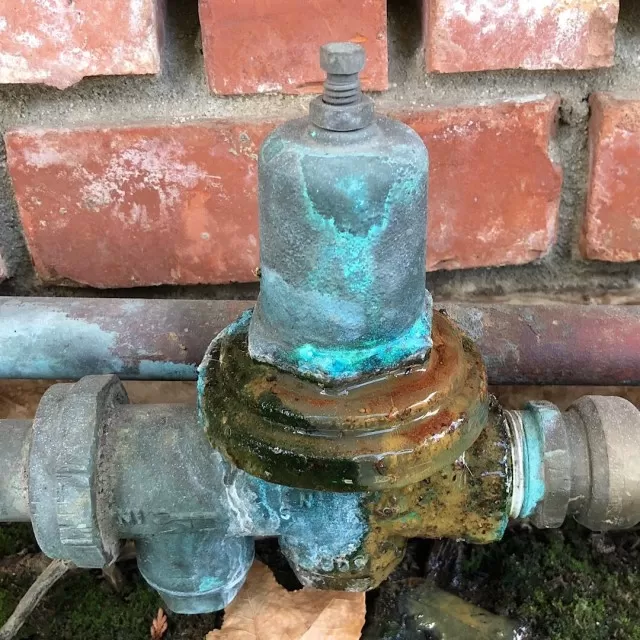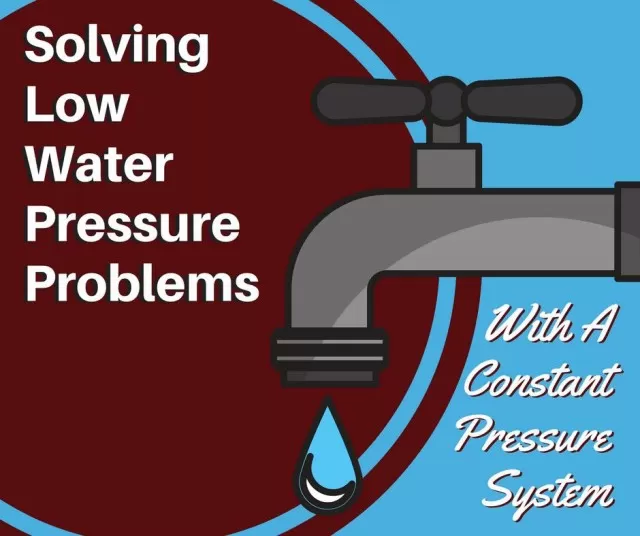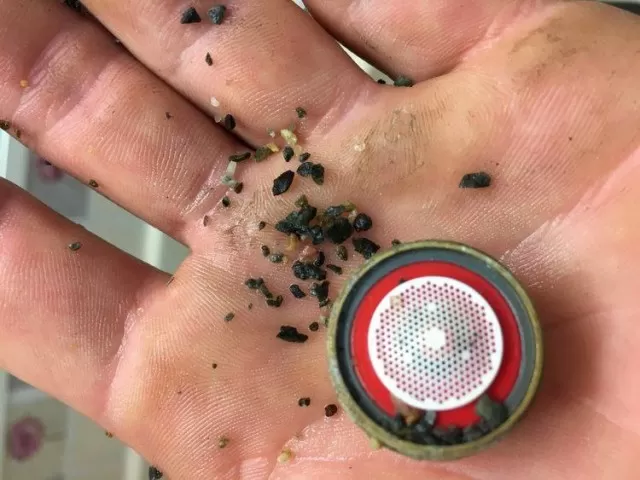Discover the Causes and Solutions for Improved Flow. Uncover the culprits behind your home’s weak water pressure and learn effective remedies to enhance it.
Ensure Full Openness of Home’s Main Water Shutoff Valve

The main water shutoff valve plays a crucial role in controlling the water flow into your home. Failure to fully open this valve can result in reduced water pressure. Follow these steps to ensure proper valve operation:
- Lever-style valves: Align the handle with the water pipe to fully open the valve.
- Handle-style valves: Turn the handle counterclockwise until it stops. Then, turn it back a quarter turn clockwise to prevent leaks or seizing.
By correctly opening the main water shutoff valve, you can optimize water flow and maintain adequate water pressure throughout your home.
Check Pressure Regulator Functionality for Optimal Water Pressure
Maintaining Proper Water Pressure: Check and Adjust Your Pressure Regulator.
To prevent fixture damage caused by high water pressure, it’s important to ensure your pressure regulator is working correctly.
To maintain optimal water pressure and protect your fixtures, follow these steps for pressure regulator maintenance:
- Verify the regulator’s setting, typically set around 50 psi, to ensure it aligns with the recommended default value.
- If the setting is incorrect, you have the option to adjust it yourself or seek assistance from a plumber.
- If you suspect a faulty regulator, it’s advisable to contact a plumber for professional inspection and potential replacement.
By ensuring your pressure regulator is functioning correctly, you can safeguard your fixtures and enjoy consistent water pressure throughout your home.
Address Debris Buildup Concerns with Professional Assistance

When the main valve and regulator are functioning properly, debris buildup may be the culprit behind low water pressure. Take into account the following considerations:
- Hard water regions tend to experience accelerated debris accumulation due to high mineral content.
- Corroding materials such as lead or galvanized steel contribute to increased debris buildup.
- Extended periods of plumbing system inactivity can lead to the settling of debris.
By recognizing these factors, you can better address and mitigate debris buildup, restoring optimal water flow and pressure in your home.
Corroded Water Lines Impact Water Pressure and Safety

Resolving Low Water Pressure: Addressing Corroded Water Lines.
Corrosion within water lines poses a significant risk, resulting in reduced flow, leaks, and ultimately, low water pressure. Take action with the following steps:
- Identify signs of corrosion, such as decreased flow or visible leaks in your water lines.
- Promptly address the issue by consulting a professional plumber to assess the extent of corrosion.
- Implement necessary measures, such as repairing or replacing the corroded sections of the water lines, to restore proper water flow and pressure.
By addressing corrosion in your water lines, you can mitigate potential damages, improve water system performance, and ensure consistent water pressure throughout your home.
Take these steps to tackle the issue:
Identify the presence of corrosion, particularly in lead and galvanized steel lines, which are susceptible.
Contact a professional plumbing company to assess the situation and discuss replacing the corroded lines.
Consider safer materials like copper to ensure long-term durability, prevent damage, and eliminate potential contamination risks.
Taking prompt action to address corroded water lines not only restores proper water pressure but also safeguards the overall integrity of your plumbing system.
By replacing corroded lines with durable materials like copper, you can prevent further deterioration, potential leaks, and damage to your home. Protecting the long-term functionality of your plumbing system ensures optimal water pressure and minimizes the risk of contamination.
Consulting a professional plumbing service will provide expert guidance and ensure a successful resolution to the issue, promoting a reliable and efficient water supply throughout your home.
*The information is for reference only.